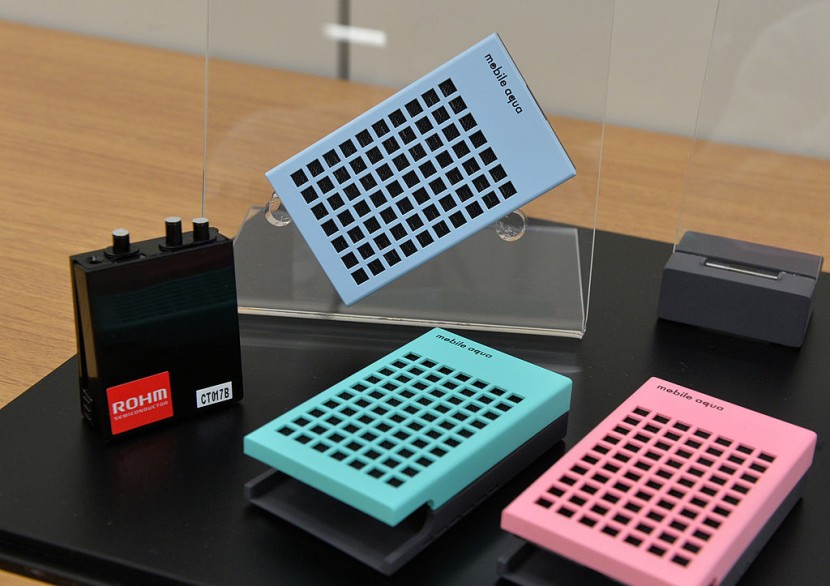Japanese manufacturers of semiconductor testing equipment are making huge investments to meet the growing demand for machinery that can inspect devices, such as 3D integrated circuits and power semiconductors for EVs.
Firms Invest
A new facility will be built in Saitama prefecture by Tokyo Seimitsu. The company invested almost $148 million in the new factory, with operations to begin in July. It is expected that the factory will boost its overall manufacturing capacity 1.5-fold compared to fiscal 2021.
Micronics Japan is investing 13.5 billion yen for factories to be built in Aomori prefecture and the South Korean city of Bucheon. They plan to have the factories fully operational by August 2024, as reported by Nikkei Asia.
The growing demand for inspection equipment is due to the increasing need for finely detailed, cutting-edge chips with circuit widths of less than ten nanometers. This is because even little scratches can cause problems in semiconductors. Therefore, accuracy at the nanometer level is necessary for the manufacturing process as well as in inspection.
Read also: Researchers report advances in stretchable semiconductors, integrated electronics
Demand for Semiconductors Enters New Phase
As the need for more advanced semiconductors continues to grow, companies in Japan are investing heavily in new manufacturing facilities. Tokyo Seimitsu and Micronics Japan are among those planning to build new factories in Saitama and Aomori prefectures, as well as in South Korea.

These facilities will increase manufacturing capacity and allow for greater accuracy in the production and inspection of semiconductors. With demand for finely detailed chips on the rise, the semiconductor industry is entering a new phase of innovation and growth.
The semiconductor industry has been at the forefront of technological advancements for decades, powering everything from smartphones to self-driving cars. However, as our reliance on technology continues to grow and we demand faster and more efficient devices, the need for even smaller and more precise semiconductors has become increasingly important.
This new phase of innovation is not only driving investment in manufacturing facilities but also in research and development. Companies are investing heavily in finding new ways to produce ever-smaller chips with greater accuracy while maintaining high yields.
Furthermore, this growth isn't just limited to Japan or South Korea; it's a global phenomenon that affects every aspect of modern life.
From healthcare equipment such as MRI scanners to renewable energy systems like wind turbines or solar panels - all rely on advanced semiconductors.
The growing demand for finely detailed chips is spurring investment across industries worldwide. As companies continue pushing boundaries through R&D investments alongside improving their production capabilities via newly-built factories such as those planned in Japan - there will be no end soon seen when it comes down to better innovations around us!
Related article: China Tells Stakeholders To Uphold Open Semiconductor System as US Tries To Strangle Supply Chains
© 2026 HNGN, All rights reserved. Do not reproduce without permission.








